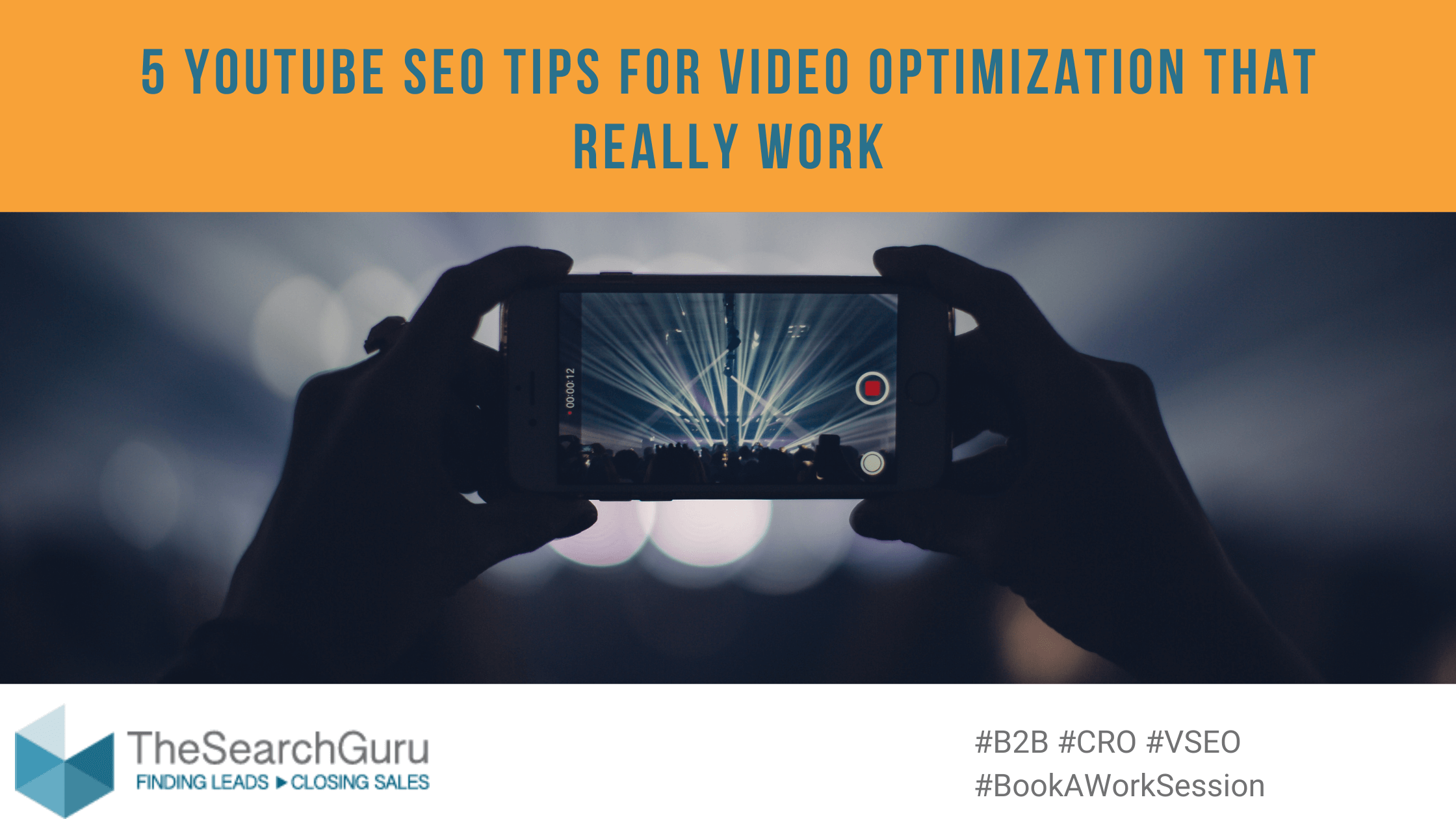Creating content that Google rewards – without (too much) phone anxiety

In 2014, Google is rewarding quality original copy – and the reality is that, like it or not, one of the best ways to accomplish this is through one particular type of primary source: the phone interview, the cause of anxiety for many writers.
I’ve done literally thousands of phone interviews for articles and blog posts that I’ve written, but I can still relate.
Scariest phone interview to date
Back in the mid-1990s, I began writing author profiles – based on interviews – for the Writer’s Club on AOL. I’d already had a few years of newspaper reporting under my belt, where I interviewed local politicians. They seldom wanted to talk to me but, not wanting to seem unavailable to constituents, they’d speak to me – reluctantly.
The first few AOL interviews went well, and then AOL asked me to interview a woman whose book was on the NY Times Bestseller list, a woman I’ll call “M.” Her book was about doing work that you love and how it can enrich your life – and so I expected her to be upbeat and friendly. Not.
In fact, M refused to participate in what she called “voice to voice contact.” So, I offered to interview her by email, but she again said no. I finally asked her how she wanted to be interviewed – and her plan was as follows:
- I’d call her phone number.
- She wouldn’t answer.
- I’d get her answering machine.
- I’d leave ONE question – and one question only – on her machine.
- She’d listen and call me back.
- I wouldn’t answer.
- She’d leave her answer on my answering machine.
- Rinse and repeat.
I agreed, not wanting to let AOL down, and all worked as well as it could, given the bizarre parameters. That is, until I left a question on her answering machine and then went downstairs to bring up the towels from the dryer. In that time frame, she called back and my husband, newly home from work, answered. Before I could tell him – normally a mild mannered and polite person on the phone – not to speak, I heard him reply to M, “I live here. Who the hell are you?”
I cringed as I dropped the towels on the floor, but it was too late. Our interview was over.
Phone anxiety. We’ve all been there. But, if you want to get ahead of your competition on Google, you need to write the best content that you can – and that means interviews. Of strangers. Sometimes even some pretty cranky ones.
Making phone interviews more comfortable
- If you’re an introvert, read C. Hope Clark’s suggestions. She offers outstanding strategies.
- Refer to our list of where you can find quality sources for your interviews.
- Try to identify the source of your anxiety. Not everyone feels anxious over the exact same issues, so there is no one-size-fits-all solution.
- I’ve discovered that much of my anxiety revolves around the timing of my interview. So, when possible:
- I don’t schedule interviews too early in the morning, so I don’t feel
unprepared for my day. - I don’t schedule interviews during any times of day that I suspect will be
hectic.
- I don’t schedule interviews too early in the morning, so I don’t feel
- I’ve discovered that much of my anxiety revolves around the timing of my interview. So, when possible:
- Read what you can about the interviewee and prepare a list of questions that you must ask. When you feel prepared to conduct an interview, you’ll almost always feel more relaxed.
Interview is drawing near

If I’m going to feel anxious about an interview, it will most likely occur during the hour before it starts. That’s when my monkey mind – a Buddhist term for restless, uncontrollable thoughts – tries to take over. And, because many writers have wonderful imaginations, their monkey minds can be especially creative – and unsettling.
When I get into that frame of mind, I find myself worrying that I’ll cough on the call so I put a bottle of water next to my computer. I’ll decide that my phone will run out of battery and so I put it on the charger, whether it needs it or not. (What if I can’t find my charger??) If I’m working from home, I’ll decide that it will start pouring down rain right before the interview, which means that my dogs won’t go outside, which means they’ll bark during the interview and all will be ruined.
Monkey minds. Again, we all have them. Over time, though, I’ve learned to recognize these thoughts for what they are and not let them stop me. I take deep breaths and then I move on.
It can also help to envision the worst that could happen. Is it something you could live with? I used to think the worst thing would be for an interviewee to hang up on me. And, one day, I needed to call a local mayor for a newspaper story. We’d gotten a tip that he’d fired an employee because he’d put a campaign sign of the mayor’s opponent in his front yard.
So, I called the mayor and I asked him. And, he promptly hung up on me. Because it was in the days before cell phones, he slammed that receiver down.
For one brief moment, it felt as though what had happened was terrible. But then, after realizing that I couldn’t call my editor and say I didn’t get the story (he was also a pretty cranky guy), I got outraged. That man had just hung up on me!
So I called him right back and said, “Oh that darned phone company. You never can get good service these days. So, as you were saying before we got disconnected . . .” The mayor sighed and said, “You win,” before answering the question and other ones, besides.
What I learned from that interview:
- when something goes badly, it’s seldom as bad as you’d imagined
- getting right back on the phone is the best remedy
The actual interview
I always start by introducing myself and saying, “Is this still a good time?” If your interviewee is distracted, then the conversation is unlikely to go well. If the answer is yes:
- Sound out the tone of the interview early on; if someone is:
- quotable and fun, keep the conversation engaging and personal, because you want to draw out the best this person has to offer
- brisk and efficient, be extra respectful of his or her time, asking pointed questions and skipping chit chat
- shy and uncertain, be reassuring and avoid high pressure questioning; he or she may need more time to think through answers
Once I find my interviewing rhythm with a particular person, all typically progresses well. Plus, the more interviewing that I do, the more I can remind myself that:
- worst case scenarios seldom happen
- once I start in on the interview, it’s generally exactly what I need to boost the quality of the content that I’m planning to write
What tips do you have for overcoming phone anxiety? Share in the comments below!






Leave A Comment